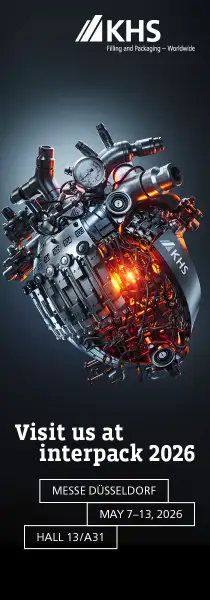Indonesia prepares mandatory EPR as part of plastic waste management strategy

The Indonesian government is preparing to enforce EPR regulations this year, with gradual implementation. While EPR has so far remained voluntary, it is expected to become mandatory to reinforce national waste reduction efforts.
Environment Minister Hanif Faisol Nurofiq confirmed that the government is finalizing the regulations or instruments to make EPR mandatory. Nurofiq emphasized that EPR would apply to businesses across the supply chain, from upstream manufacturers to downstream.
Under EPR, producers are responsible for managing their plastic packaging waste, including its collection, sorting, recycling, or safe disposal.
“This step aligns with Indonesia’s priority of promoting a circular economy, innovation, and investment in waste management infrastructure in more than 500 districts and cities. Momentum must not be lost,” says Nurofiq.
Renewable energy transition
The Ministry of Environment and Forestry is also advancing waste-to-energy projects. By adopting waste processing technology that converts waste into electrical energy or other renewable energy sources, the project aims to reduce landfilled waste and meet local electricity needs.
“As instructed by the President, I have been tasked with following up on opportunities to develop waste energy technology. The potential for developing a waste-to-energy facility is enormous,” shares Nurofiq.
“Hopefully, this will be a maximal effort, and the actions of the three regional heads in Greater Malang will be assessed monthly. We will also release the figures, as our staff are in constant communication with the regional heads. For example, the first release showed that not a single district or city was fundamentally clean. Hopefully, this will change by next month, and this step is one of our efforts to enforce the law.”











